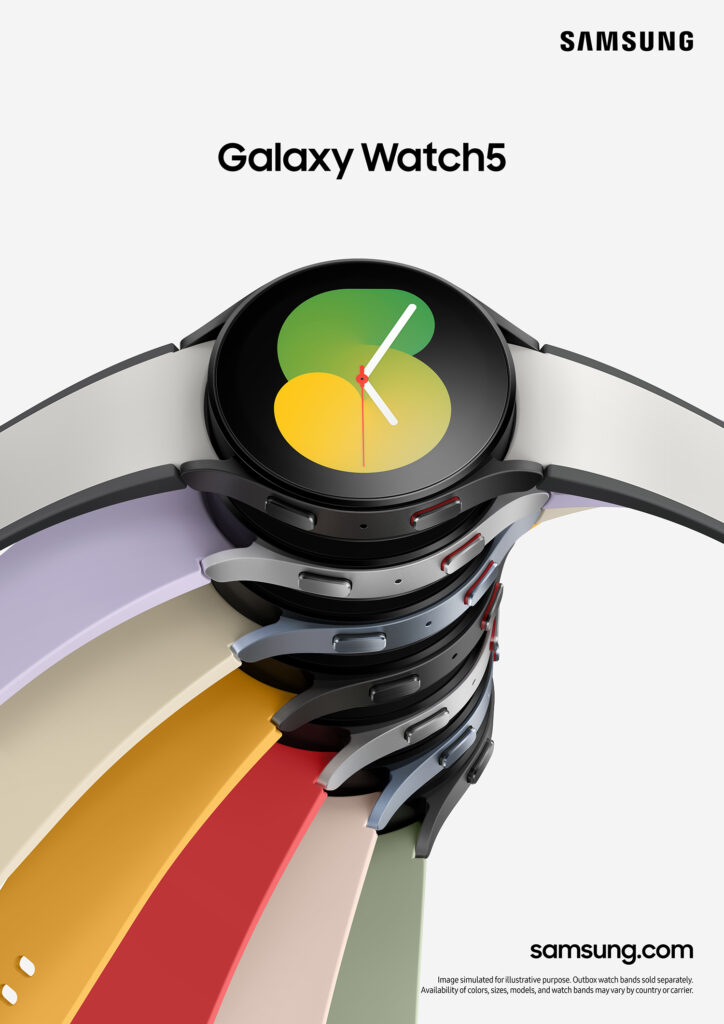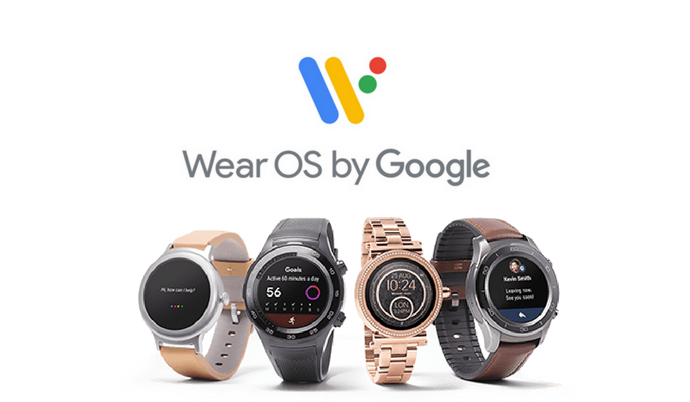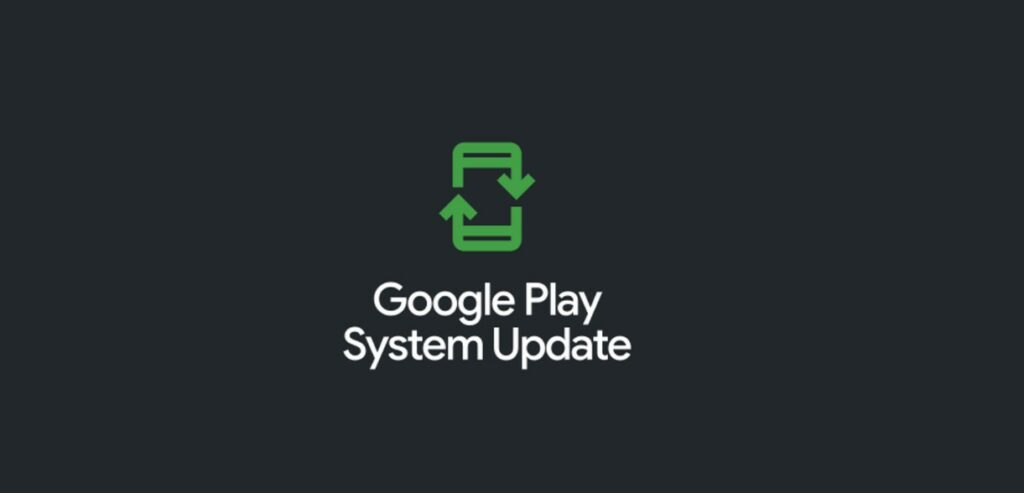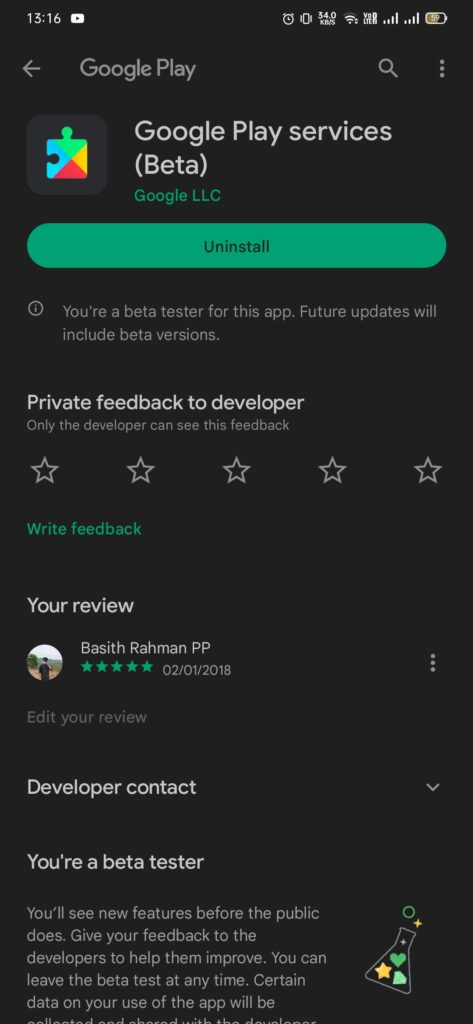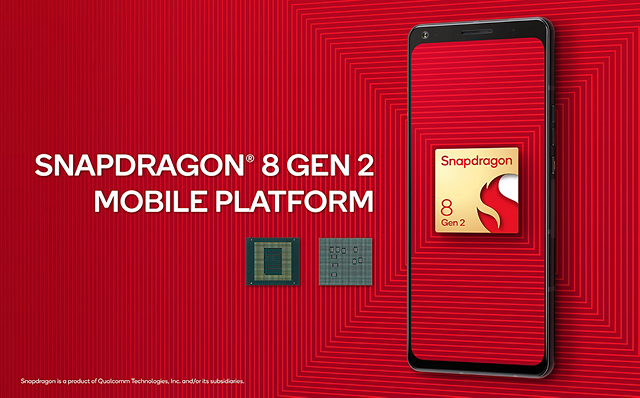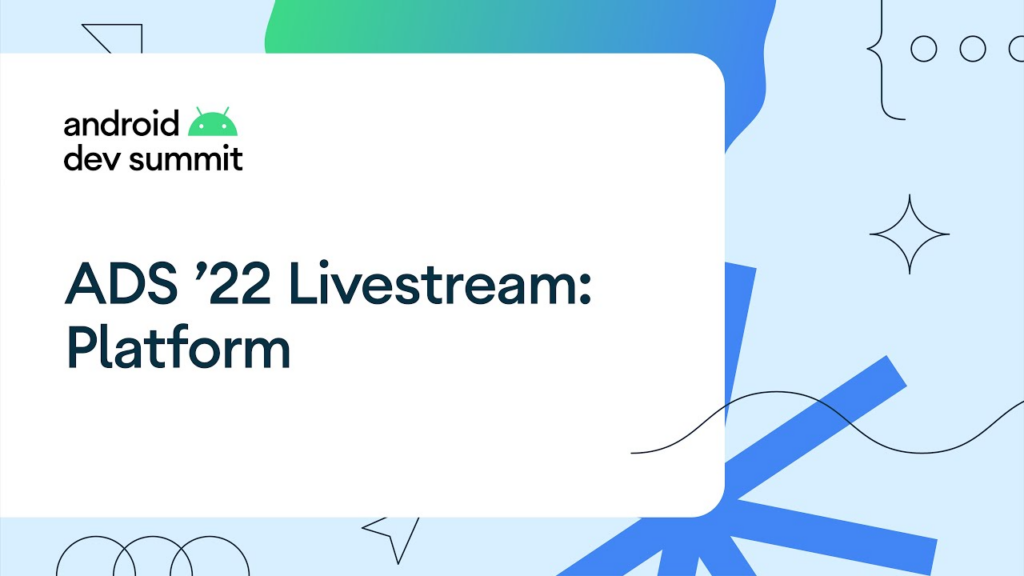After months of testing, Realme GT Neo 3 has passed through the Android 13 beta stage. In the latest development, the device is picking up the stable Realme UI 4.0-based update. FYI, both Realme GT Neo 3 and GT Neo 3 150W are picking up this update. Also, this is the first major upgrade for smartphones as they were launched this year in March with Android 12 out of the box.
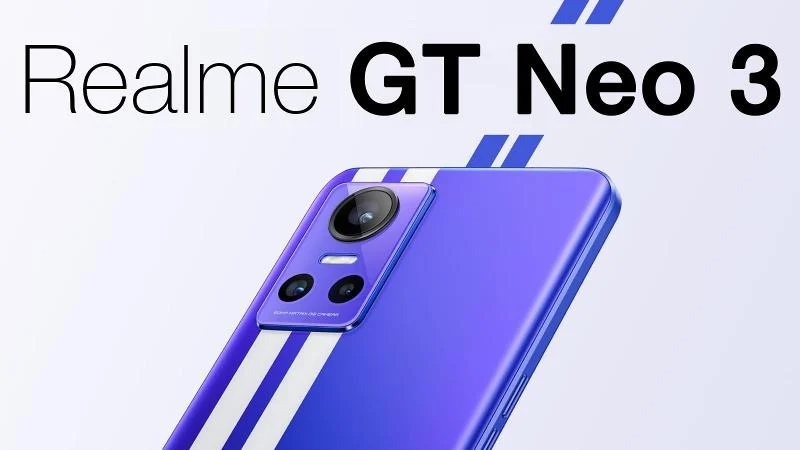
The announcement was made via the official
Realme Community Forum. According to the post, the latest software carries the firmware version
RMX3561 11.C.12 for the
Realme GT Neo 3. On the other hand, the Realme GT Neo 3 150W users can identify the
Android 13 build via build number
RMX3563 11.C.12. However, before flashing the update, make sure that your respective device is running on the required versions
A.15 or A.16.
As for changes, the package brings a handful of changes to make the experience more fluid and smoother. The update is more visually comforting with the new aquamorphic design. Besides, it adds a ton of new additions to create a more convenient user experience. For precise modifications and details, take a look at the official changelog below.
Changelog
Aquamorphic Design
• Adds Aquamorphic Design theme colors for enhanced visual comfort.• Applies the Aquamorphic Design philosophy to animations to make them natural and vivid.• Adds Shadow-Reflective Clock, with shadow simulating the orientation of the sun and moon.• Adds a Home screen world clock widget to show the time in different time zones.• Upgrades to Quantum Animation Engine 4.0, with a new behavior recognition feature, which recognizes complex gestures and provides optimized interactions.• Optimizes UI layers for clearer and neater visual experience.• Applies real-world physical motions to animations to make them look more natural and intuitive.• Adapts responsive layouts to accommodate different screen sizes to improve readability.• Optimizes the widget design to make information easier and quicker to find.• Optimizes fonts for better readability.• Optimizes system icons by using the latest color scheme to make the icons easier to recognize.• Enriches and optimizes illustrations for features by incorporating multicultural and inclusive elements.Efficiency
• Adds large folders to the Home screen. You can now open an app in an enlarged folder with just one tap and turn pages in the folder with a swipe.• Adds media playback control, and optimizes the Quick Settings experience.• Adds more markup tools for screenshot editing.• Adds support for adding widgets to the Home screen, making information display more personalized.• Optimizes Shelf. Swiping down on the Home screen will bring up Shelf by default. You can search content online and on your device.Seamless interconnection
• Optimizes Multi-Screen Connect. You can open multiple mobile apps on a connected PC for efficient multitasking.Personalization
• Adds Bitmoji to offer more Always-On Display animations.• Adds Omoji to let you fully express yourself with customized avatars.• Optimizes Insight Always-On Display, with more personalized Always-On Display settings available.• Optimizes Portrait Silhouette Always-On Display, with more drawing tools and line colors available.Security & privacy
• Adds an automatic pixelation feature for chat screenshots. The system can identify and automatically pixelate profile pictures and display names in a chat screenshot to protect your privacy.• Optimizes Private Safe- The Advanced Encryption Standard (AES) is used to encrypt all files for enhanced security of private files.Health & Digital wellbeing
• Adds Eye comfort in Kid Space to protect children’s vision.Performance optimization
• Adds Dynamic Computing Engine to improve the system speed, stability, battery life, and app experience.Gaming experience
• Upgrades to HyperBoost GPA 4.0 to stabilize the frame rate and balance the performance and power consumption in key scenarios.As usual, the OTA update is rolling out in batches. Accordingly, it may take a while to hit all units. In the meantime, you can try to trigger the build manually via
Settings > Software Update.
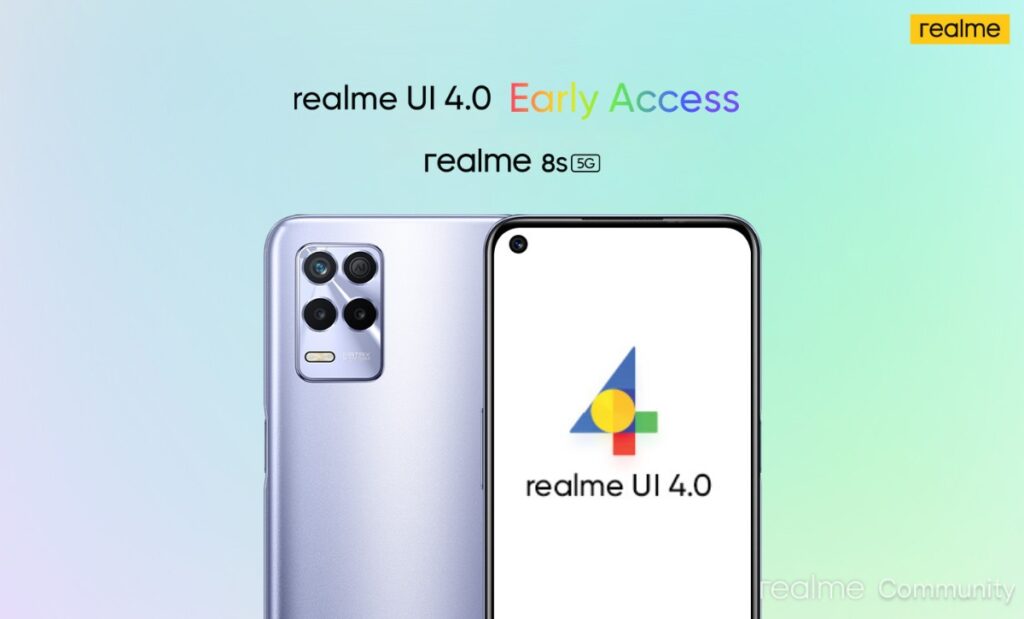
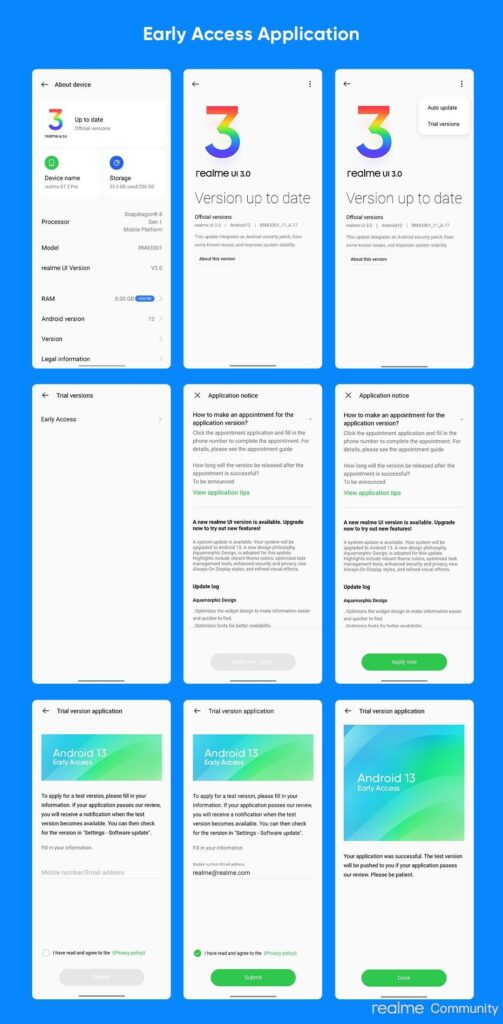






 4:06 PM
4:06 PM
 Simranpal SIngh
Simranpal SIngh

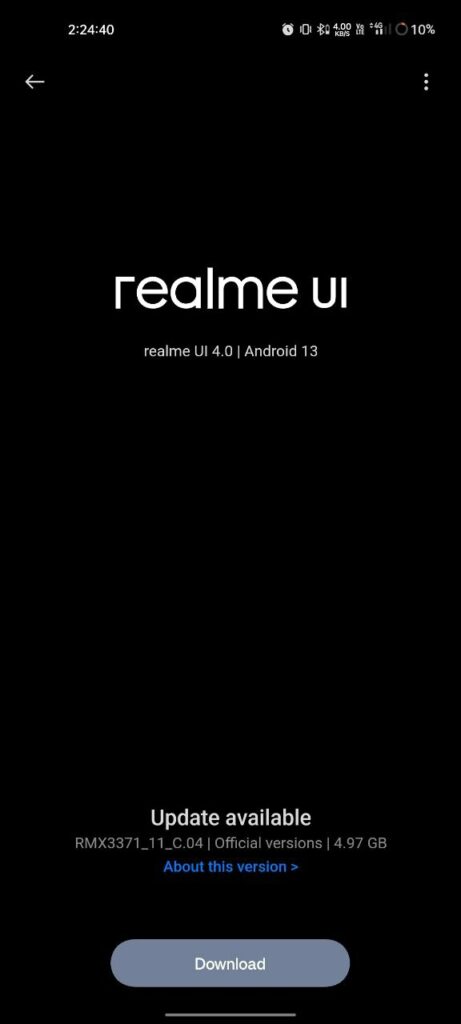 Realme GT NEO 3T Android 13 update[/caption]
Realme GT NEO 3T Android 13 update[/caption]
